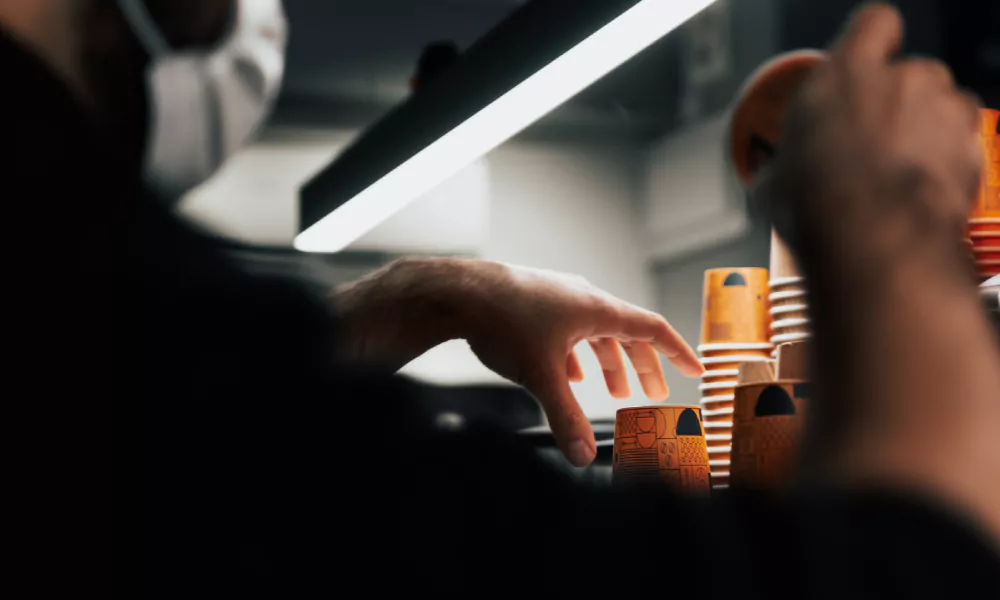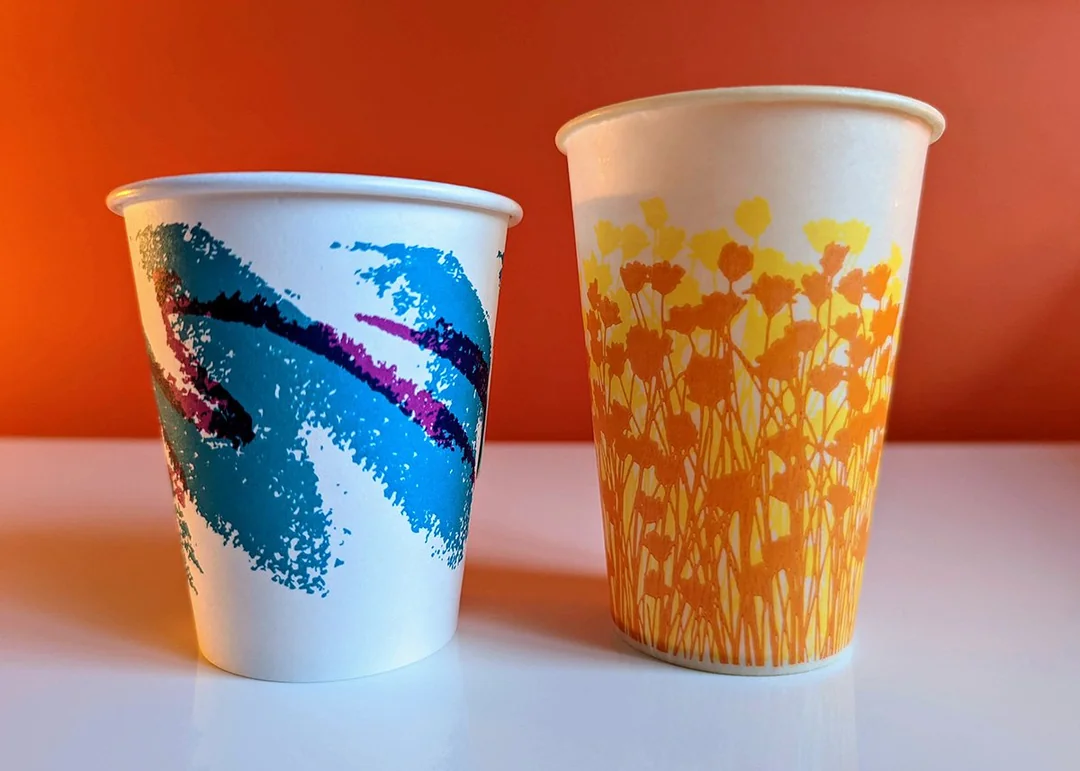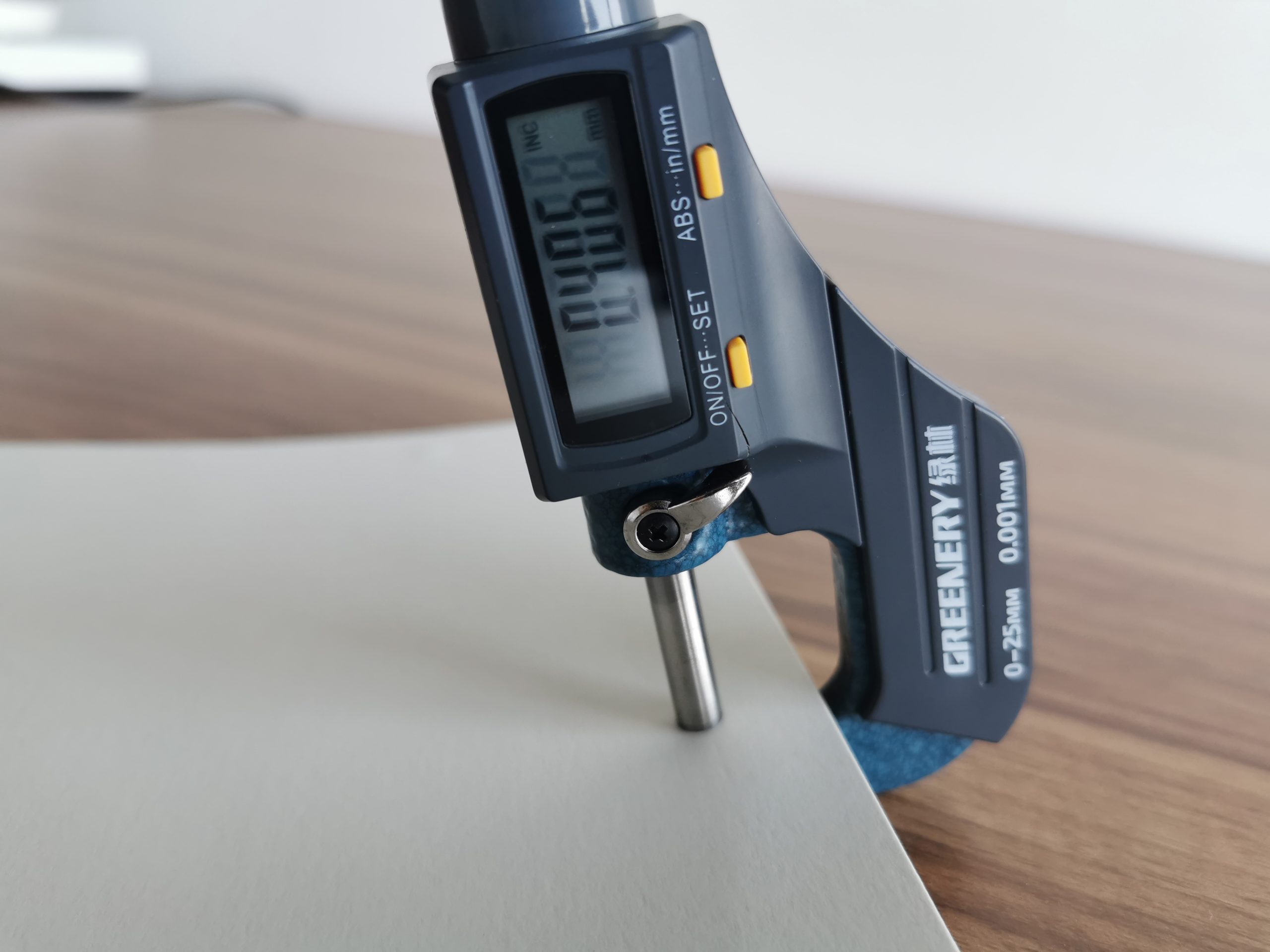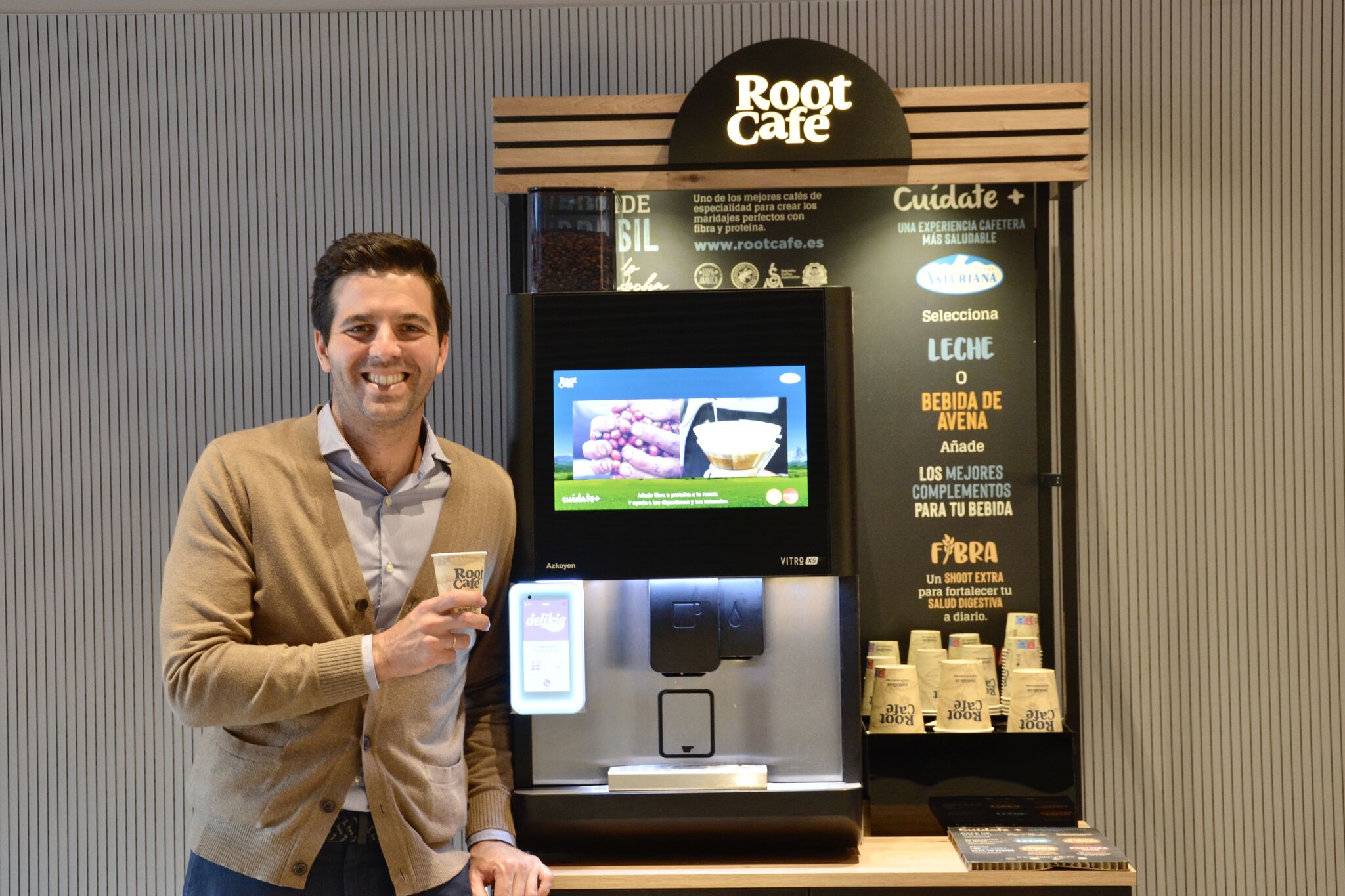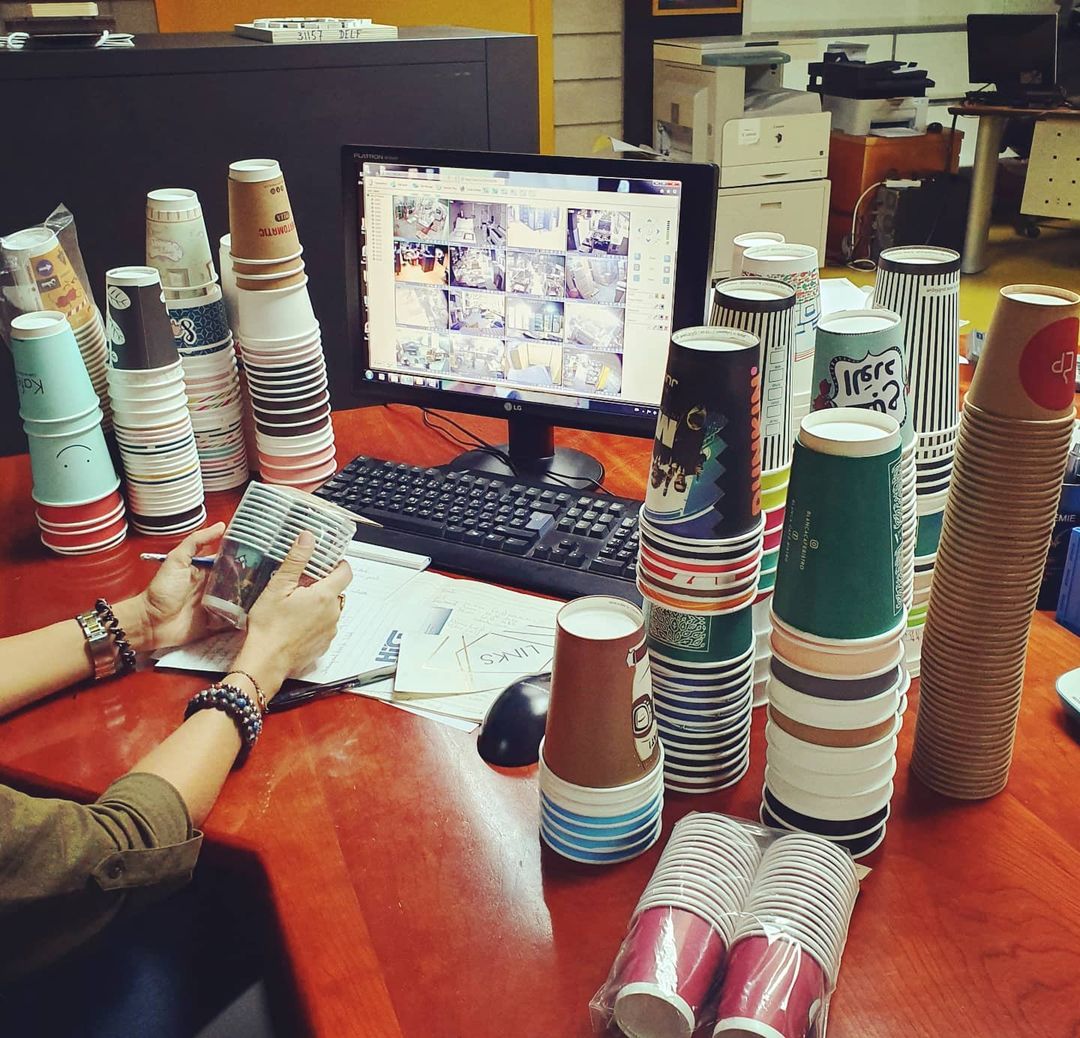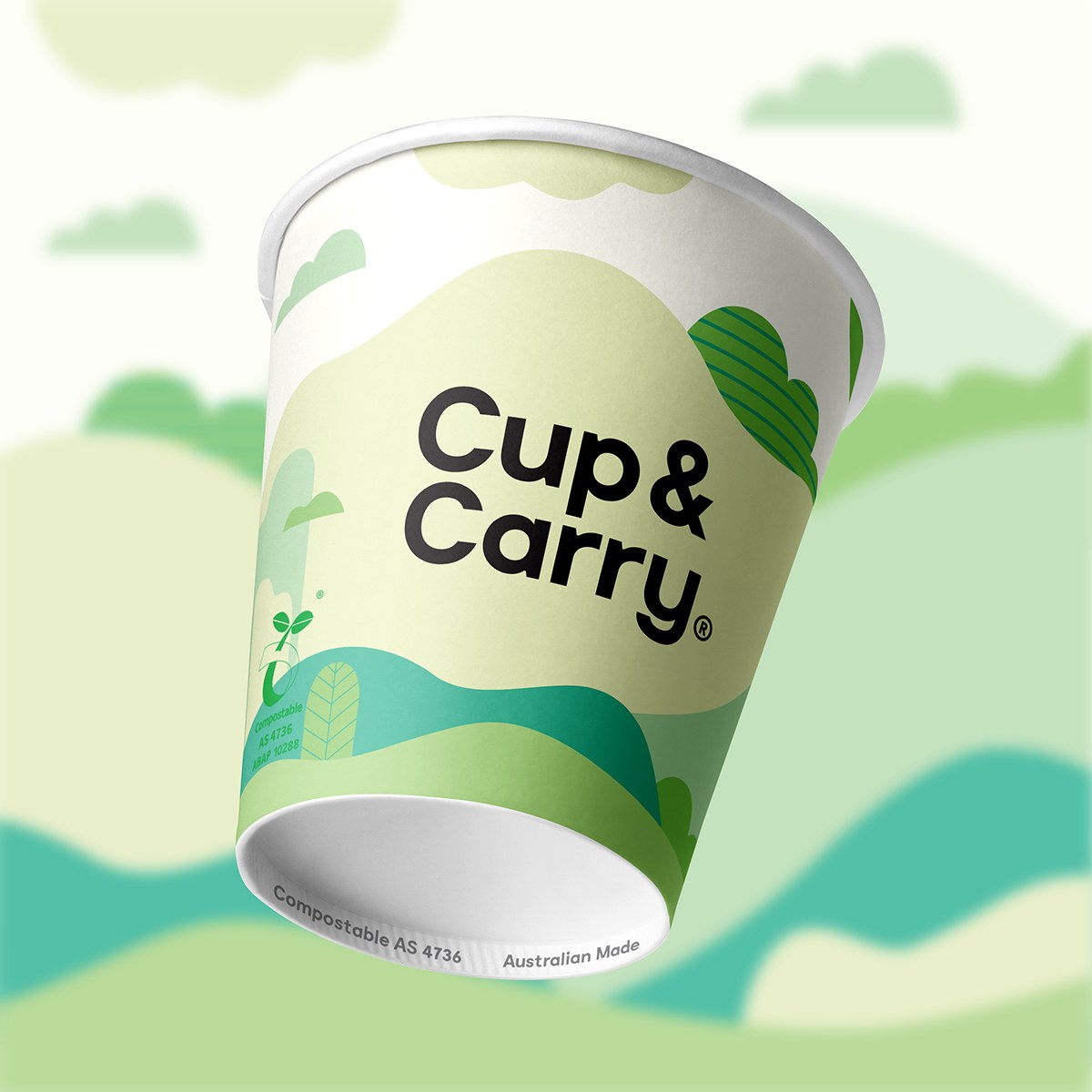Great coffee beans: check. Great equipment: check. Great recipe: check. Great coffee paper cup: check So why doesn’t your brewed coffee taste great?
It could be the water.
Water makes up as much as 98% of your coffee, so using low-quality water can result in a flat, bitter, or vinegary taste. It can not only obstruct extraction or produce unpleasant flavors, but it can also cause major equipment issues.
To learn more, I spoke with Paul Stack, Operations Director at Marco Beverage Systems, which manufactures award-winning hot water dispensers and brewers such as the Marco MIX (which includes an in-built filter) and SP9. I also contacted two of Marco’s clients: Nathan Retzer, owner of Quarter Horse Coffee in the United Kingdom, and Taylor Cowan, Co-Founder of Spirit Tea in the United States.
Let us hear what they have to say…

WATER TASTE
We often think of “watery taste” as simply referring to strength and body, but the water often has its own set of flavors.
Water may contain minerals, dissolved substances, and even additives, all of which can affect the flavor of your coffee. Water that is drinkable is not always delicious water.
And, as Nathan explains, “coffee is mostly water, so any flavor in the water will taint the coffee.”
Calcium, chlorine, fluoride, and iron are among the minerals found. “You can taste minerals,” Nathan says, “so the more of them there are, the more you can taste them with the flavor of the coffee.”
Of course, not all minerals are bad; in fact, some can even aid in extraction.

EXTRACTION PROBLEMS caused by water
Extraction is the process of getting the flavor and aroma compounds from the ground coffee into the hot (or cold!) brew.
And having the proper minerals, such as magnesium and calcium, can actually help baristas achieve a better extraction. Magnesium helps to extract fruitier and sharper flavors, while calcium enhances creamy notes.
This is because their ions have a positive charge. Because coffee flavor compounds are generally negatively charged, they are naturally attracted to the positive charges of minerals such as magnesium and calcium.
However, if there are too many of these minerals, extraction will suffer. They can crowd out the water, leaving less room for flavor compounds.
You need water that is just right: not too hard, not too soft.

Is your water causing damage to your equipment?
The water, however, has an impact on your equipment as well as the coffee. “You have to be careful about the quality of the water you put into your machine,” Taylor says. “If you use tap water or a poor filtration system, you will destroy your equipment in addition to making your beverages taste bad.”
Mineral-rich water, also known as hard water, can be problematic. Minerals can be left behind in your equipment as hot water evaporates. These deposits, known as limescale, can then impair its performance.
Deposits can form on your boiler’s heating element, for example, making it more difficult for it to heat up water efficiently. Limescale (primarily calcium) can also clog pipes, preventing proper water and steam flow.
As a result, there will be more maintenance and cleaning, less efficiency and consistency, and potentially damaged equipment.
To avoid this, Nathan recommends changing your filter on a regular basis. “Water filtration is very inexpensive and can save you thousands of dollars in the long run,” he emphasizes. “Why spend $8-12,000 on a nice espresso machine if it will break down in two to three years?”

HOW TO DETERMINE THE QUALITY OF YOUR WATER
At the very least, café owners and baristas should know the following information:
- Total Dissolved Solids (TDS)
TDS measures any minerals, salts, metals, or other solids that have been dissolved in the water. As Paul explains, “Minerality concentration in water is a significant taste impactor, which can be negative and positive depending on minerals and concentration and can significantly affect extraction.”
The SCA recommends a TDS of “between 75–250 mg/L TDS, with a target of 150”.
- Water Hardness
Water hardness refers to the concentration of specific minerals in the water: calcium, magnesium, iron, and manganese, along with some others in smaller amounts. In other words, water hardness forms part of TDS.
The more of these minerals in the water, the harder it is. The less, the softer it is. And remember, water that is too hard or too soft will lead to extraction problems. The SCA recommends “1–5 grains per gallon (gpg) or 17–85 mg/L, with a target of 3–4 gpg or 51–68 mg/L.”
Paul emphasises that calcium is the primary component of limescale, something which means that water hardness is key to equipment longevity.
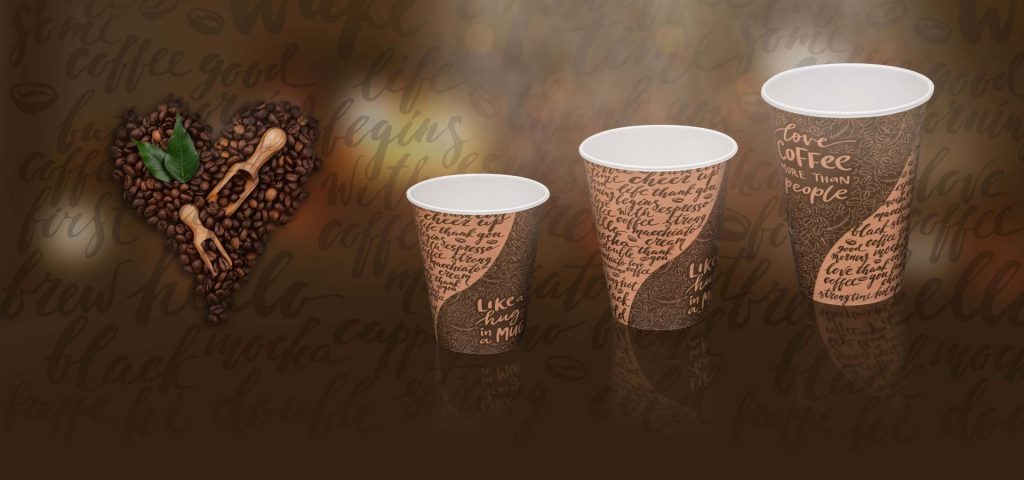
- PH levels
pH levels also play a crucial role. A quick science class recap here: water is neutral if it has a pH of 7.0, alkaline if it is more than that, and acidic if it is lower than that.
The more neutral the water, the better. The SCA recommends using water with a pH of 6.5 to 7.5. Highly alkaline water can often result in a flat cup and end up contributing to limescale.

Don’t let poor water get in the way of great coffee. If there’s one thing that all of us in specialty coffee can agree on, it’s that every detail counts. And good-quality water can protect your coffee quality and your equipment’s longevity.

